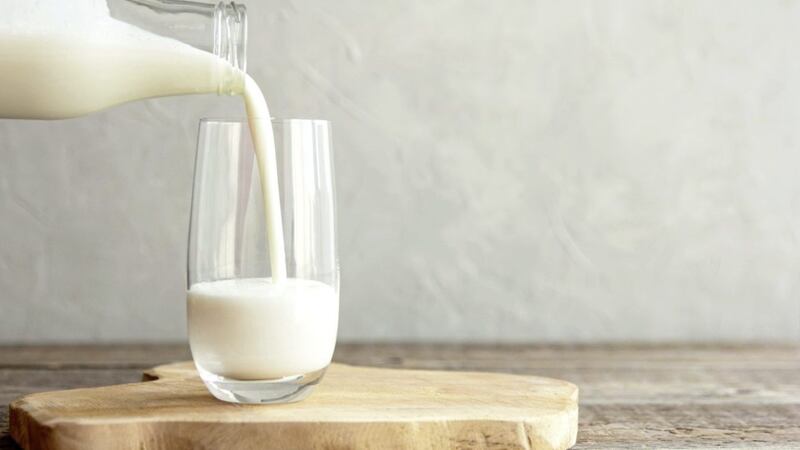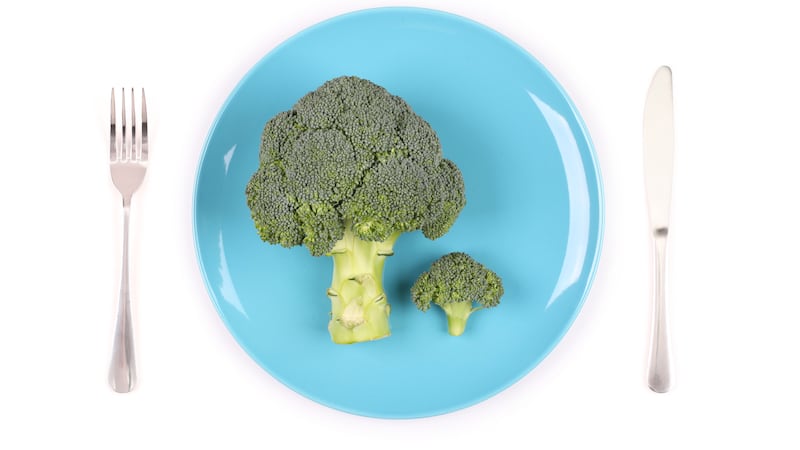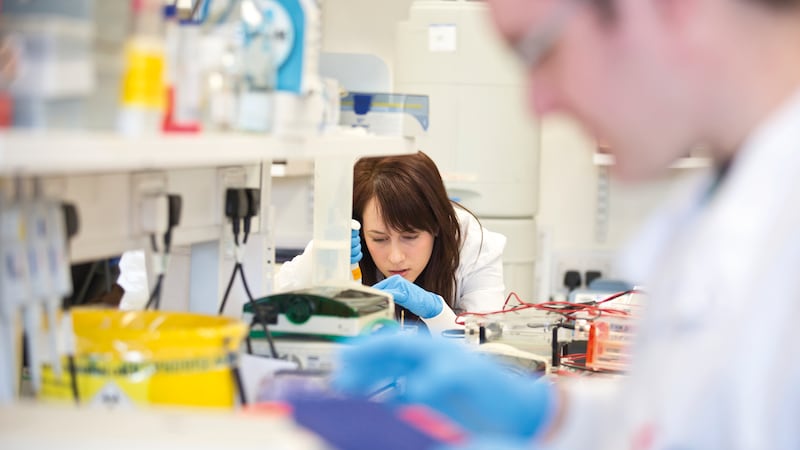SHOULD women curb their consumption of dairy to reduce the risk of breast cancer? This is a question long mired in controversy.
The weight of evidence has been that it might raise the risk, including a study published in the International Journal of Epidemiology last year that suggested as little as one cup of dairy milk a day may increase the risk of breast cancer by 50 per cent.
There are several theories why dairy foods should be avoided, but the most popular is that they contain significant levels of oestrogen, fats and growth hormones thought to increase the risk of breast cancer.
But now a major new study suggests that some dairy products can actually protect against breast cancer.
Indeed, the "comprehensive" and "meaningful" conclusions of the study, published in October in the journal BMC Cancer mean women should be encouraged to eat some types of dairy products, say the researchers from Zhejiang Chinese Medical University in China.
The research merged data from 36 studies from between 1986 and 2020, including information from more than a million women followed up for between 18 months and 22 years.
It found that dairy can reduce the risk of breast cancer, particularly for oestrogen-receptor positive (ER-positive) and progesterone-receptor positive (P-positive) breast cancers, although this protection was not "statistically significant" - meaning the protective effects identified may be just down to chance.
However, the extent of this protection varied widely. For example, fermented dairy such as yoghurt and cheese can reduce breast cancer risk after the menopause but not before it.
And, contrary to the study last year, non-fermented dairy foods such as milk and butter, had no effect on breast cancer risk.
The fat content of dairy products also made a difference.
Low-fat dairy products (with a fat content of 1.0 to 1.5 per cent) offer protection against breast cancer in women before the menopause, while high-fat dairy products (3 to 5 per cent fat), are "harmful to [all] women", increasing their risk of breast cancer, the study concluded.
While more studies are needed, the researchers advise "low-fat dairy products for pre-menopausal women and fermented dairy products for post-menopausal women".
They also recommend "minimising the intake of high-fat dairy products" for all women.
One suggestion is that the calcium, vitamin D and conjugated linoleic acid (a type of omega-6 fatty acid) in dairy affect cell growth and can inhibit tumour development.
Dairy may be particularly beneficial for protecting against hormone receptor-positive forms of breast cancer because its ingredients can "down-regulate" oestrogen receptor activity, say the researchers.
With fermented dairy, the benefits may derive from probiotics or good bacteria it contains, which have been shown to protect against cancer by balancing bacteria in the gut (in turn affecting the body's immune response, helping protect it from disease).
Levels of probiotics naturally decline with age, which may be why fermented products seem particularly beneficial for women after the menopause, say the researchers.
High-fat dairy, however, may raise the breast cancer risk by boosting cell growth and increasing the risk of obesity and type 2 diabetes (both linked to the disease). The researchers say the "association between dairy intake and breast cancer risk is stronger in premenopausal women", possibly owing to "more robust interactions" between the different components in dairy in younger women.
Commenting on the study, Professor Kefah Mokbel, a breast surgeon at the private Princess Grace Hospital in London, said: "The assumption that dairy products contain significant amounts of oestrogens and growth hormones has led to the widespread belief that dairy products increase the risk of hormone-sensitive breast cancer.
"But scientific evidence reveals that the theoretical increases in oestrogen concentrations following consumption of dairy are minuscule relative to circulating concentrations in humans.
"Almost all epidemiological studies show that women consuming low-fat dairy products have a lower risk of breast cancer than those who don't consume dairy, and fermented low-fat dairy products confer additional protection."
© Daily Mail








